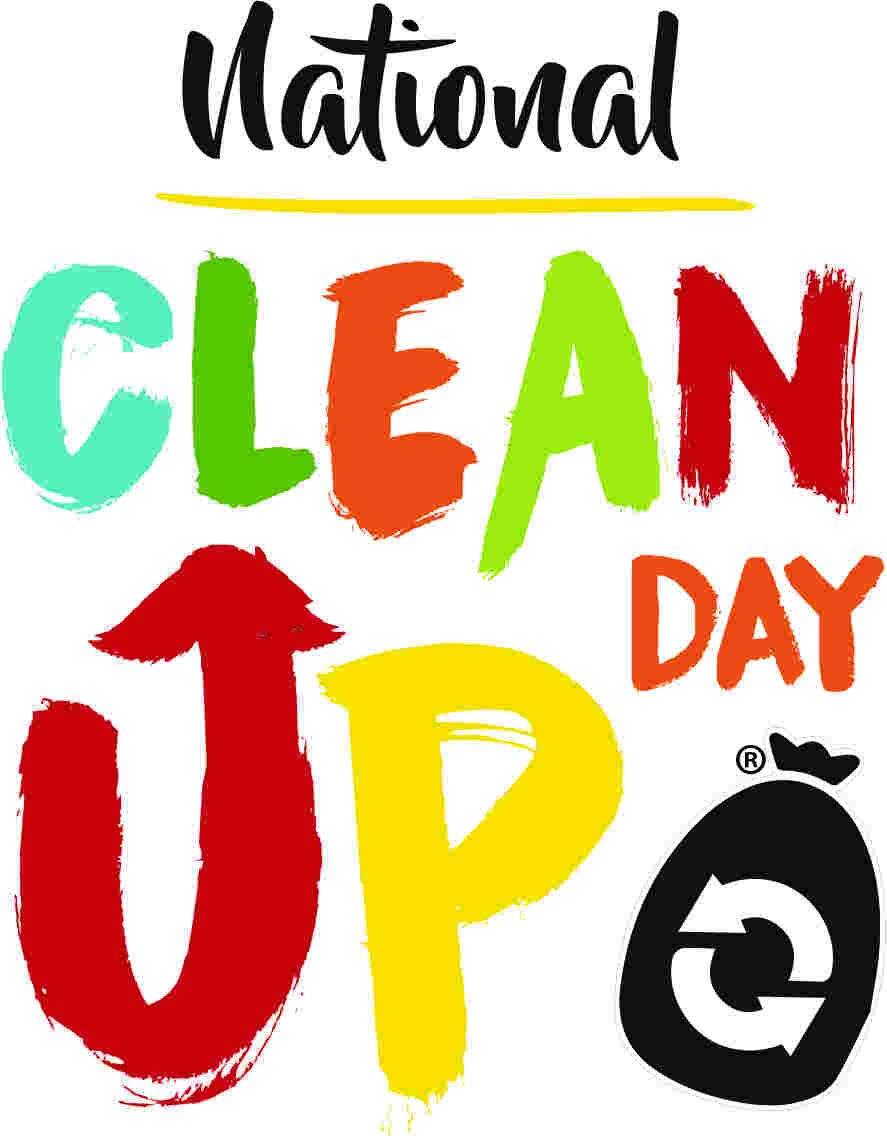NATIONAL CLEANUP PLAN
THEORY OF CHANGE
With limited funding for maintenance of outdoor spaces, litter has become a growing problem in our cities, waterways, beaches, parks and trails.
Trash and Litter
In the wake of budget cutbacks and the focus of our public systems on other activities such as COVID-19, the role of maintaining our outdoor spaces falls upon us. Our objective is to create a sense of pride and purpose for our outdoor spaces; to keep them as pristine and clean as possible.
The Science
Studies show the highest indicator that someone will pick up litter is if they witness someone else picking up litter. Community Based Social Marketing (CBSM) studies have proven that peer group norms are more powerful than incentives, and when worked in concert with each other, they can provide impressive behavioral change impacts.
Need for a National Strategy
The proliferation of plastic materials within the last few decades poses several critical environmental problems. Plastics do not biodegrade and are threatening the planet's water, food, and air.
The scale of this problem is worldwide and is one of the preeminent challenges faced by governments, individual consumers and international businesses alike.
PLANNING & STRATEGY
We are creating a comprehensive National CleanUp Plan and Strategy. Implementation guidelines & framework for:
1. National Laws – Congress
2. Federal Agencies - EPA, State, Energy, USAID, Commerce, NOAA, Interior, Agriculture
3. State Governments
4. Local Governments
5. Parks and Recreation Departments
6. Nonprofit Partners
7. Educational Institutions
8. Businesses
9. Volunteers
10. Global CleanUp Coordination
In total, the Plan is action oriented, based upon existing scientific literature as well as new and existing practices. Business as usual can not continue - we must expand upon existing concepts and propose new ideas to meet this problem directly.
Plan Scope
A global group of scientists recently called for the actions to avoid a “plastic future” that included reducing plastic waste, improved waste management, and CleanUp and Recovery. To remove the plastic litter poised to enter the fluvial and marine environments, they have suggested that up to one billion volunteers will be required to participate annually. To change littering behavior and increase the number of people that pick up litter, a minimum of 5% - 10% of a population is required to change the social norms and behavior.
Plan encompasses litter/trash cleanup activities, curricula, infrastructure, and stormwater infrastructure in coordination with reducing plastic waste, and improved waste management.
#ZeroLitterToOcean
IMPLEMENTATION
Implementation will take the combined efforts of National, State, and Local governments in coordination with non-profits and volunteers.
The National CleanUp Plan is a collaborative effort that includes policy experts, behavioral scientists, pollution scientists in organizations such as:
Action Research
American Alpine Club
Boulder County, Colorado
EARTHDAY.ORG
Fountain Creek Watershed District
Keep America Beautiful
Keep Pennsylvania Beautiful
National CleanUp Day
Protect Our Winters
Reusability Packaging Solutions
Tennessee Wildlife Federation
United by Blue
University of California Riverside
University of Colorado Boulder
University of Mary Washington
University of Utah
Utah State University
World CleanUp Day
Zero Waste USA
Note: Lead organizations are in bold.
Contact us to learn more or to contribute your planning expertise.



